Reel Values: How Our Minds Meet at the Movies
The very first indoor space dedicated to hosting motion pictures was The Nickelodeon in 1905. Since then film discourse has evolved as much as every other aspect of the industry has. Audiences have grown more accustomed to the idea that cinema is a deeply personal art form, and it has grown to be treated just as politically as any other set of beliefs. When someone tells you that their favorite film is, they are sharing something deeply personal to them. It’s not immature for people to vehemently defend a film they love. Their taste is indicative of what they value. The morals we value as a collective audience have a large effect on the world; buying a ticket to a movie is about as powerful as casting your vote in an election. Our decision making sends a message to the people who provide us this content about what we value, morally, financially and everything in between. At Reel Values, we will investigate the morality behind cinema.
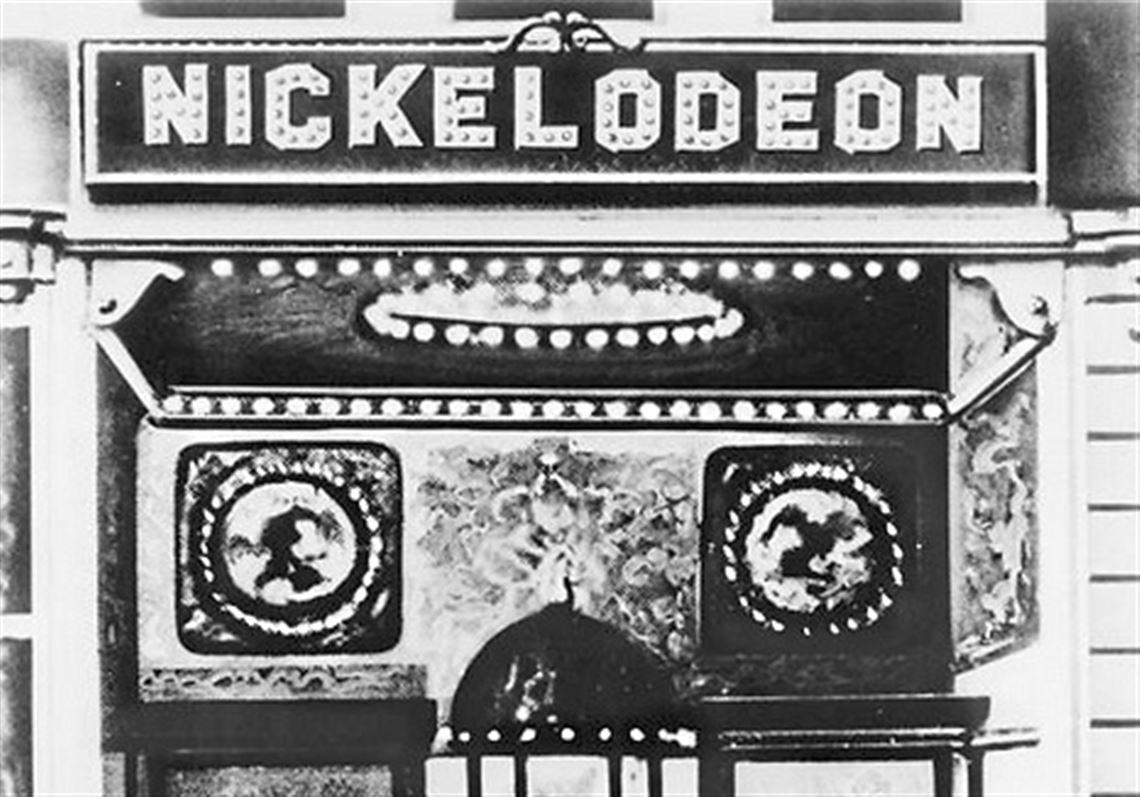
When you go to see a movie you are taking part in a social agreement with your fellow audience members. “I came here to see this film by choice, and so did you. We are in this together.” The reasons we choose to see something matter a great deal. Most of us want to enjoy ourselves, some want to be educated, some want to be angry, some got dragged to see something with their spouse, etc. The subjectivity of taste is not to be ignored, but there is a moral objectivity that exists within all of us. That objectivity is what we’re after, and it’s just a matter of digging deep enough within cinema to come to that understanding. “What does this filmmaker value?” “Does this actor believe in what they are saying?” “Should I root for them?” “Am I supposed to agree with this film?” “Does the film want me to draw my own conclusions?” All of these questions can be answered in a positive or negative way and the film can still be excellent. But the reason it has a place in history, and what it invoked within the audience are what we after at this blog.
What films someone is fond of is a clue as to the kind of person that they are, and it is not a binary good/bad or right/left sliding scale. It’s a conduit to understanding personhood, and an even better open-ended ice breaker to ask someone if they have a favorite movie and why. One of my favorite answers was from a seventh grader who said The Dark Knight. Great pick, it’s an easy movie to love, but his reasoning why he loved it was far more important to me: “They just did everything right.” Without knowing who the proverbial “they” was in his statement, I instinctively knew exactly what he meant, and thus I had a better understanding of what he valued.
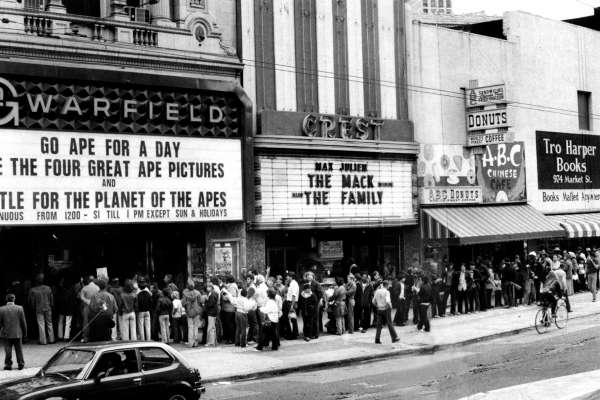
We appreciate it when the cast, writers, director, composer, cinematographer, editor, production designer, stunt coordinator, producers, costume designer, caterers, and everyone else involved with making the film do their jobs well. They honor the audience’s time, and give us something that evokes strong feelings within us. Those feelings don’t just have to be positive, they just need to be impassioned . Are films like Goodfellas or Chinatown meant to be feel good movies? No, but it’s not irresponsible of you to say that watching them evokes positive feeling within you. They are warning and examination of the most detestable values that people are capable of. However, they are also extremely entertaining films; there are plenty of likable characters in both, there is a mastery of craft on both sides of the camera and they have a point of view on the world. The ideas on display are expressed cohesively and effectively to the audience, and thus we feel safe to say whether or not we enjoyed these films. Our mission here is to examine the beliefs and values of the filmmakers, using the clues at our disposal to make an educated guess as to the goal of the film. The criteria we will use for these examinations are as follows:
- Is this film respectful of its audience?
- Does the film reflect values that we can understand?
- Does the craft on display help convey the film’s message?
- Does the film have a place in history?
There is a wide range of films for us to look at, the content ranging from family-friendly to extremely explicit. The only way we can educate ourselves is by expanding our mind to subject matter that we may find difficult or assume to be contradictory of our own core values. If you do not enjoy something, you do not have to watch or read about it. What you do not get to do is dismiss it as having no point of view, or being irresponsible if you have not at the very least consumed it. If a film discussed here is something that you do not find valuable or enjoyable, then we ask that you indulge us as we argue that a film may (or may not) uphold the values that we hold true.
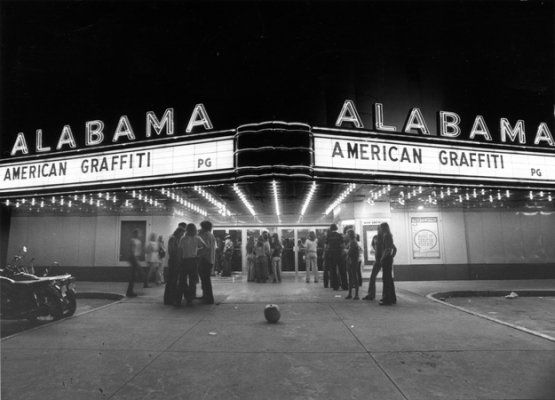
When a film is released, the filmmakers are forced to give it over to the audience. It has taken years of their lives’ to foster the growth of their creative idea, and they were kind enough to release their control of it so that the audience may put whatever meaning they like atop of it. I can think of very few things more risky and vulnerable than that. The cast and crew are saying “we came together to make this, we worked as hard as we could to get it to you, and now it’s yours. We hope you get ____ out of it.” At Reel Values, we are here to figure out what that ____ is. I only ask you to show these films as much respect as the filmmakers have for you.




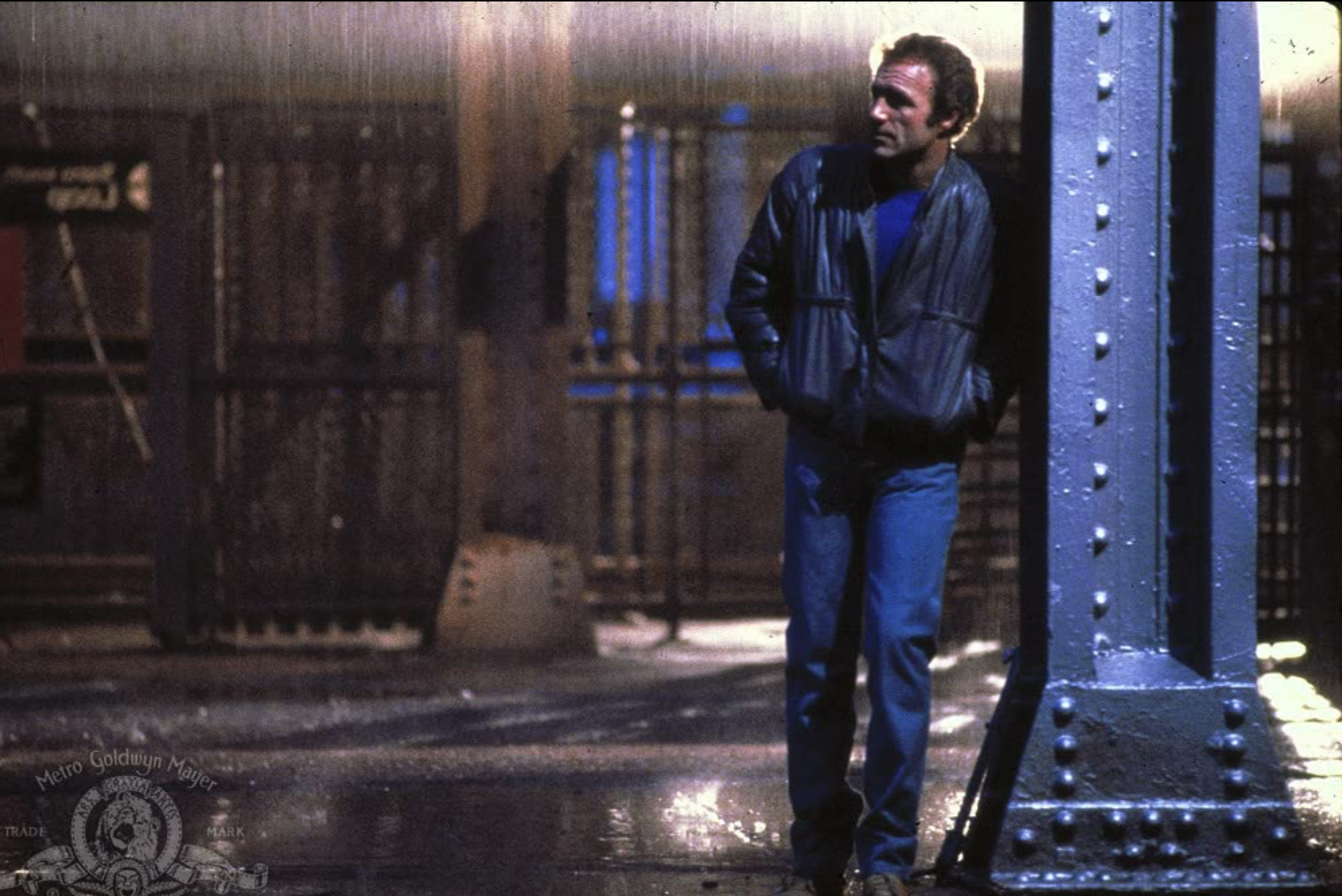
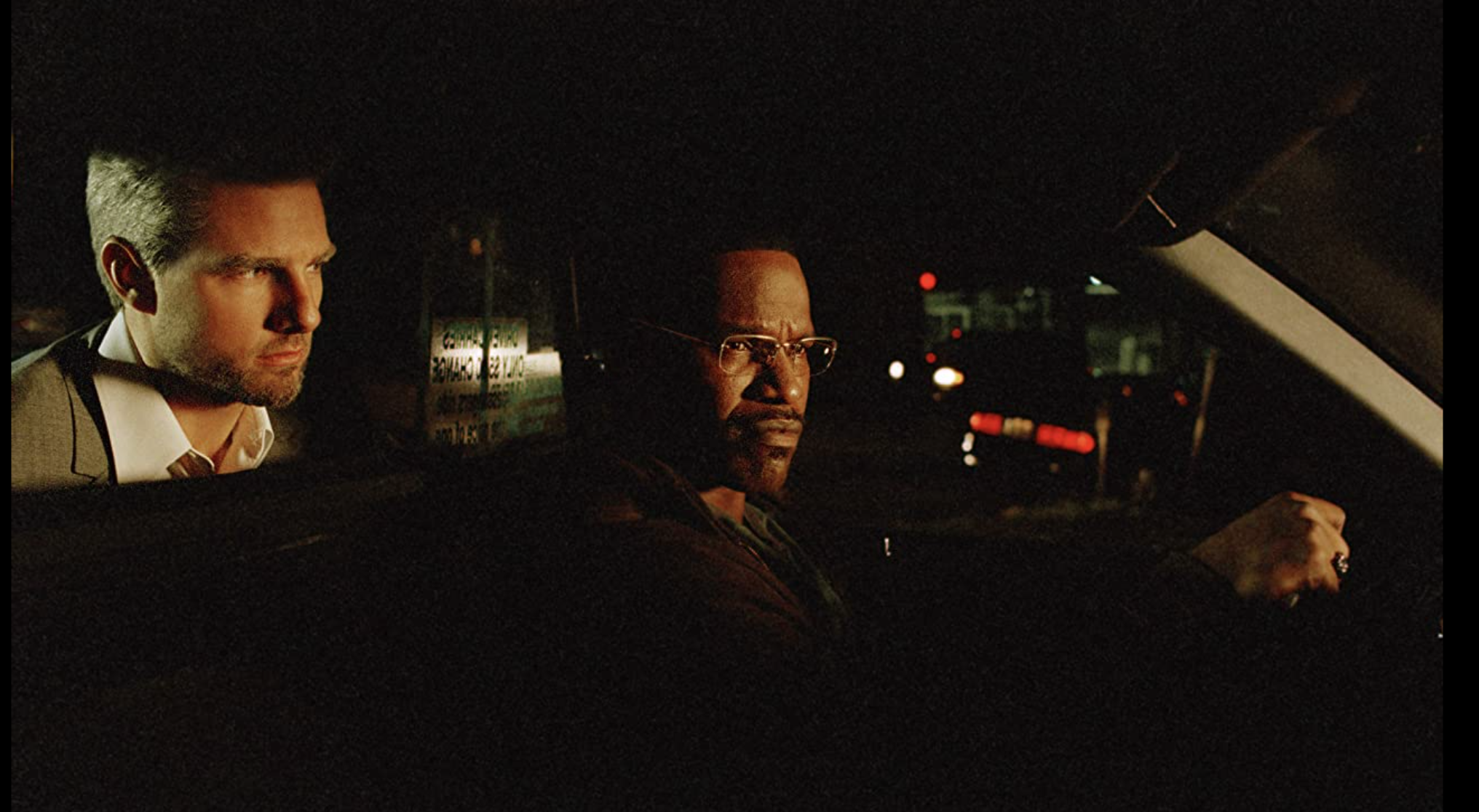
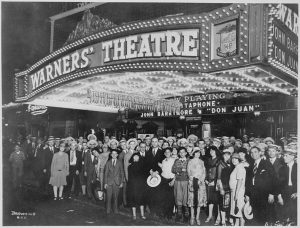
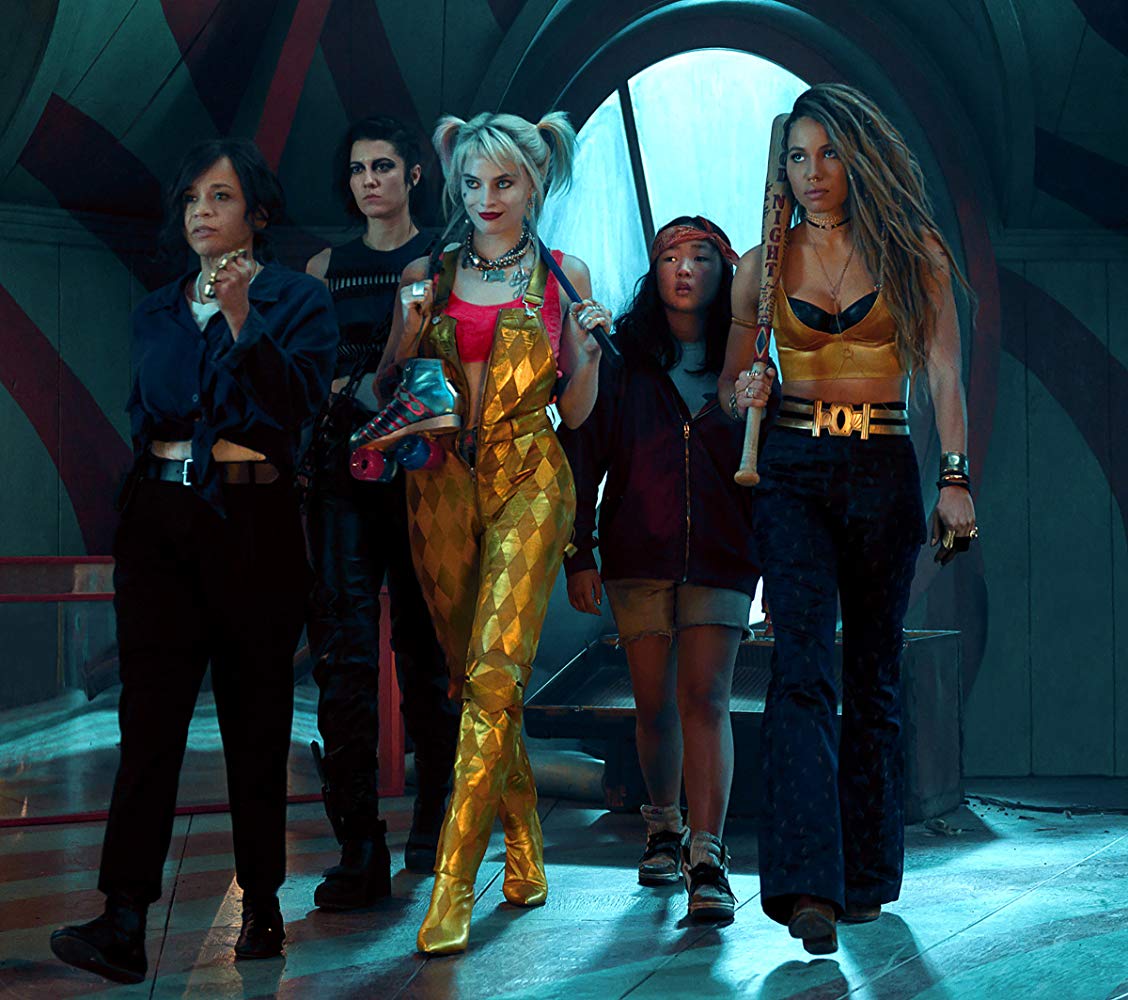

Comments